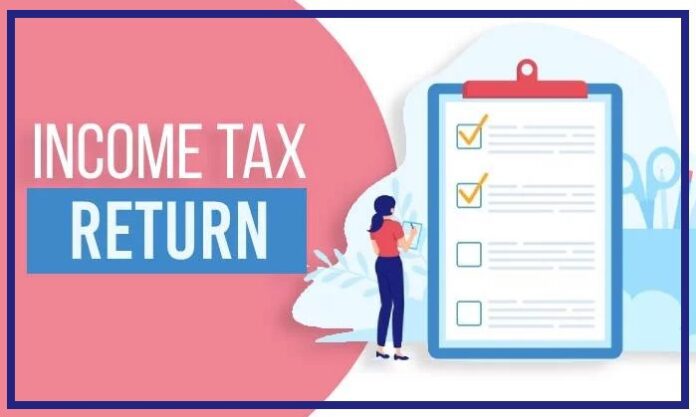As the deadline for filing Income Tax Return (ITR) approaches, taxpayers are reminded that the Income Tax Department will not extend the due date.
With the last day for ITR filing set on July 31, 2023, more than 3 crore returns have been submitted so far, with 91 percent verified.
Missing the deadline could result in a late fee of up to Rs 5,000 for non-audited accounts.
For those who haven’t provided tax-saving investment proof to their employers on time, there is still an opportunity to claim tax benefits.
Claiming Tax Exemptions Despite Delayed Investment Proof
Employers typically ask for proof of tax-saving investments in the second week of January each year, covering Section 80C of the Income Tax Act and other savings instruments.
Grateful to our taxpayers & tax professionals for having helped us reach the milestone of 3 crore Income Tax Returns (ITRs), 7 days early this year, compared to the preceding year!
Over 3 crore ITRs for AY 2023-24 have already been filed till 18th of July this year as compared… pic.twitter.com/jcGyirW2wa
— Income Tax India (@IncomeTaxIndia) July 19, 2023
However, if employees fail to submit this proof on time, companies may deduct taxes from their salaries throughout the remaining financial year (January to March).
But fear not, as taxpayers can still claim tax-saving investments while filing their income tax return. By doing so, the excess tax deducted will be refunded by the Income Tax Department in the form of a refund.
To take advantage of this opportunity, ensure you file your income tax return before July 31, 2023.
Choosing the Right Tax Regime for Benefits
It’s essential to select the correct income tax regime to avail of tax benefits during ITR filing.
If you opt for the old regime, you can claim various tax deductions, including those under Section 80C and 80D.
However, the new regime may offer lower tax rates but comes with limited tax benefits. Therefore, before filing your ITR, review and confirm the chosen income tax regime to optimize tax savings.
Deduct up to Rs 1.5 Lakh under Section 80C
Don’t forget to calculate your investments made under Section 80C before filing your income tax return.
This section allows for deductions on various investment options, such as PPF, ELSS, life insurance policy, NPS, Sukanya Samriddhi, and more.
Additionally, repayment of the home loan principal amount falls under this section. You can claim tax benefits up to Rs 1.5 lakh by investing in these options.
Additional Deductions on HRA, Mediclaim Premium, and Standard Deduction
If you rented a house and received HRA from your employer during the financial year 2022-23, you can claim tax exemption on the HRA amount.
Additionally, you can avail tax deductions on Mediclaim premiums under Section 80D.
For salaried individuals, there is also a standard deduction of Rs 50,000 available. Make sure to include these deductions while filing your income tax return to optimize your tax savings.
